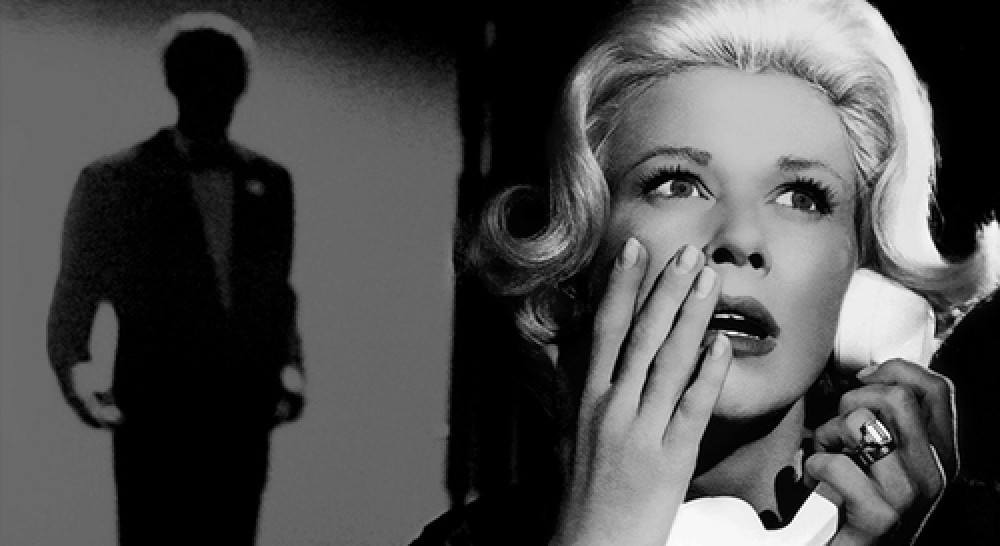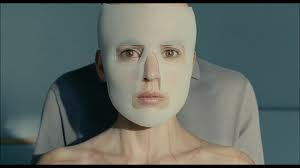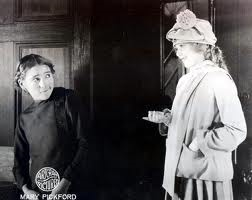Posted by Sarah
The Gulbenkian Cinema, located on the University of Kent’s Canterbury campus, is screening the classic Hollywood melodrama Gone With the Wind (1939) on Sunday the 12th of January from 1.30 pm – 5.30 pm.
The following is from the Gulbenkian Cinema’s website http://www.thegulbenkian.co.uk/events/cinema/2014/January/2014-01-gone-with-the-wind.html where you can also book your ticket.
Victor Fleming | USA | 1939/2013 | 233mins | Clark Gable, Vivien Leigh, Thomas Mitchell
Often considered the greatest films of all time – the pinnacle of polished Hollywood storytelling – this truly epic screen adaptation of Margaret Mitchell’s seminal work of American literature bristles with energy and passion and demands to be seen on the big screen following a 4K digital restoration.
It is 1861 on a palatial Southern estate, where Scarlett O’Hara (Leigh) hears that her casual beau Ashley Wilkes (Leslie Howard) plans to marry Melanie Hamilton (Olivia de Havilland). Despite warnings from her father (Thomas Mitchell) and her faithful servant Mammy (Hattie McDaniel), Scarlett intends to throw herself at Ashley at an upcoming social event. Alone with Ashley, she goes into a fit of histrionics, all of which is witnessed by roguish Rhett Butler (Clark Gable), the black sheep of a wealthy Charleston family, who is instantly fascinated by the feisty, thoroughly self-centred Scarlett…
“It’s impossible not to be carried away by the rich arterial force of this storytelling.” Peter Bradshaw, The Guardian
Tickets: Full £7.50 / Concessions £6.50/ GulbCard Members £5.50 / Students £4.50 / GulbCard Students £4
This will be a great opportunity to see a beautifully restored version of the film on the big screen.









